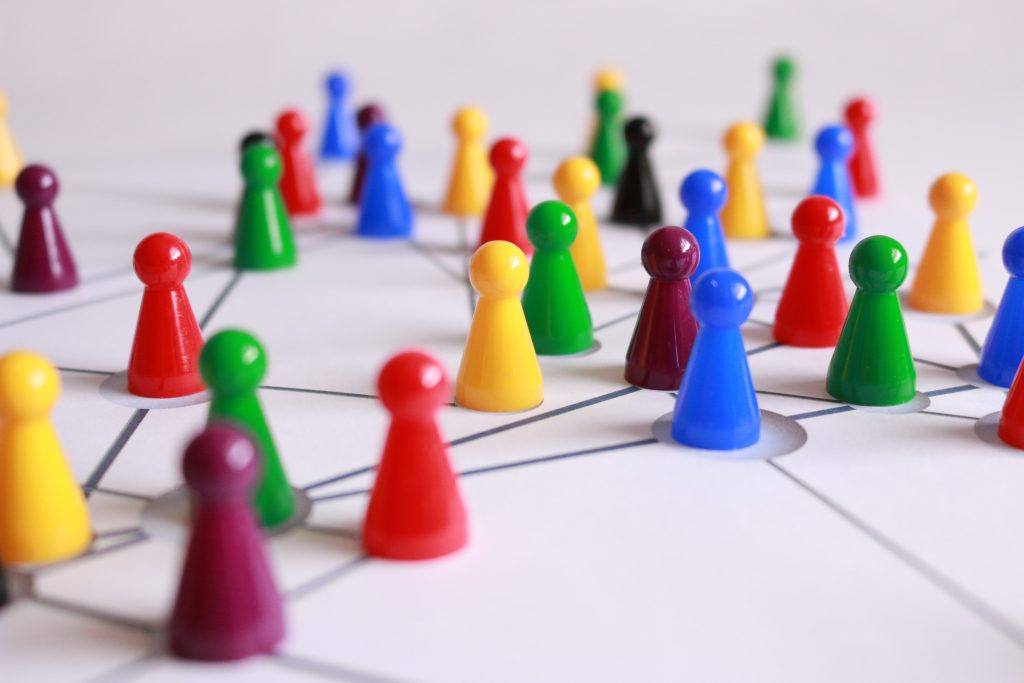The world-wide spread of COVID-19 has reminded us of our interconnectedness. Unlike other pandemics in recent history, COVID-19’s devastating impact has been wide-spread. The number of lives lost, the inequity and injustices revealed, and the economic toll our world-wide community has experienced supersedes what many of us have experienced in our lifetime.
World leaders have responded differently to this crisis. Some have acted independently of other nations. Other leaders have drawn upon the wisdom and experiences of other nations when rates of infection and deaths increase or decrease. We have witnessed world leaders coming together for the well-being of all nations to fight this virus.

It took a world-wide effort of scientists, medical personnel, and drug companies to develop, manufacture, and distribute several different vaccines. A willingness to work together for the common good, transparency with mis-steps and failures, and giving and receiving counsel is essential when dealing with a deadly virus impacting every continent.
In our faith communities, religious leaders have responded differently. Some have acted independently. Some have drawn upon the wisdom and experiences of other leaders and the medical professionals to make decisions for the common good. Some faith communities have suffered greatly while others have discovered new, creative ways to connect and support each other and the people in their neighborhood. Members of some faith communities are disconnected, lacking access to the Internet. Some feel more connected and able to attend an online service they could not attend in person. Some have disconnected from the church, disillusioned by the conflict over how to respond to COVID-19 protocols. Some are more connected to the church and energized by discovering prophetic ways to promote justice in their neighborhood.
Some new ministries have begun through online formats reaching across our nation and around the world. Bible study, prayer, or support groups have formed. Participation in worship services, ordinations, and memorial services include people living close-by or at a distance.
Some local ministries have expanded to provide nutritious meals, Internet service, tutoring, and support for children unable to access their virtual school programs.
Thinking of our worldwide interconnectedness in the past year reminds me of the Apostle Paul’s words in 1 Corinthians 12:24b-26, “But God has arranged the body, giving the greater honor to the inferior member, that there may be no dissension within the body, but the members may have the same care for one another. If one member (of the body) suffers, all suffer together with it; if one member is honored, all rejoice together with it” (NRSV).

Paul is reminding the early church to recognize each member’s value, perspective, skills, and spiritual gifts. In the church, there should be no inequity or dissension among the members if we are living into God’s intention that all are valued and receive care to meet their needs.
Modeled after the interconnectedness of the Trinity, the church is called to honor, value, and care for all members. Just as the Father, Son, and Holy Spirit each contribute to God’s mission, all members of the church are invited to use their special gifts to serve the whole body. Especially in times of suffering, we are reminded that dissension has no place. Our call is to focus on caring for one another for the common good of all people near and far.
The opinions expressed in articles posted on Mosaic’s website are those of the author and may not reflect the official policy of Mosaic Conference. Mosaic is a large conference, crossing ethnicities, geographies, generations, theologies, and politics. Each person can only speak for themselves; no one can represent “the conference.” May God give us the grace to hear what the Spirit is speaking to us through people with whom we disagree and the humility and courage to love one another even when those disagreements can’t be bridged.
